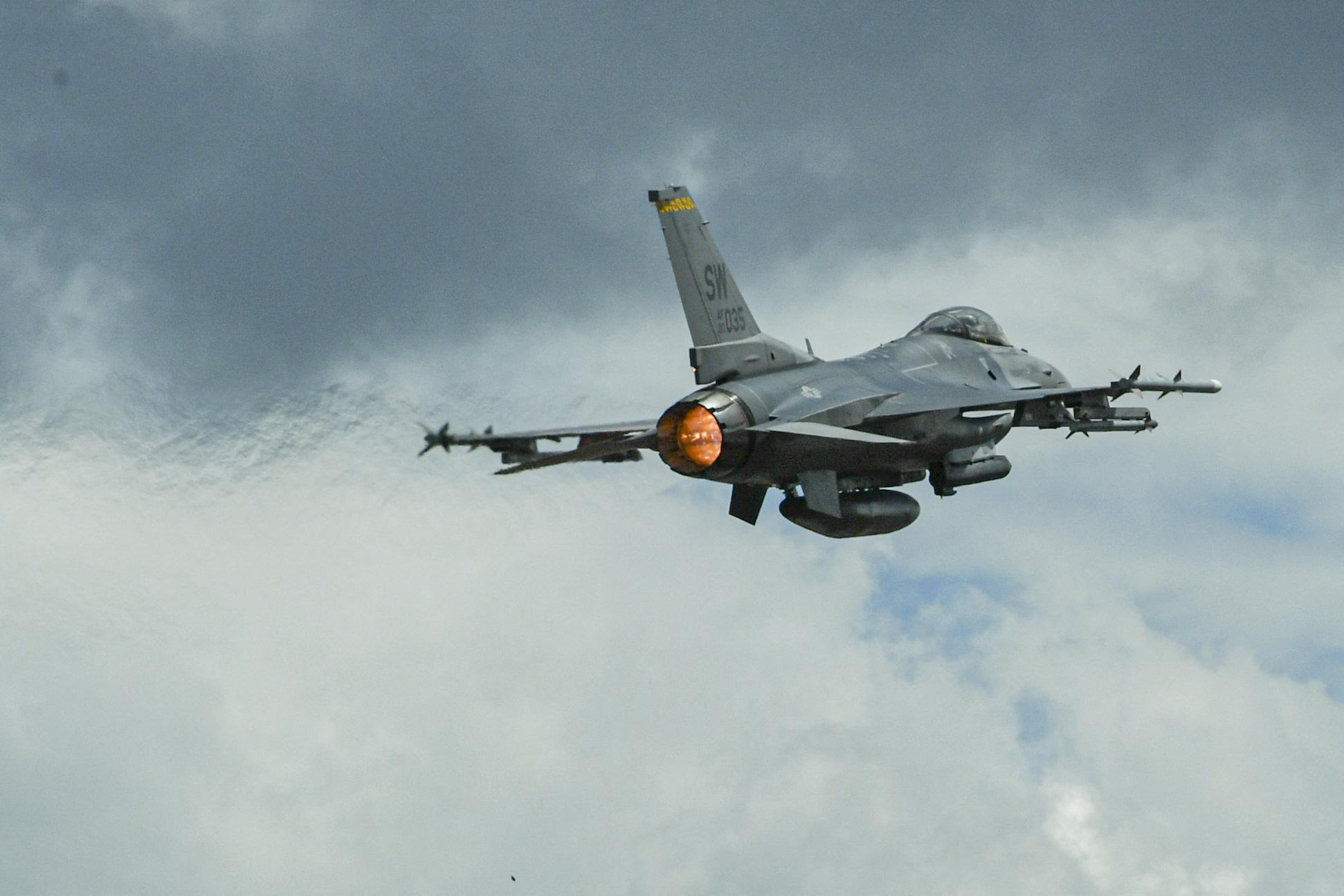Drones Aren’t the Answer in Yemen
Three people whose work I respect: Brian, Aaron and Clint have all come down – with some variations – on the side of using drones in Yemen to target and kill AQAP. I have sat and thought (as an aspiring academic that is one of the joys of the job) and yet I can’t find a way that using drones in Yemen doesn’t exacerbate the problem of al-Qaeda in the Arabian Peninsula.
After much reflection, I am firmly in the camp that using drones in Yemen is a mistake that will make the situation worse rather than better. I do take Clint’s point that “do nothing is not an option.” That is a good and valid point. But I personally don’t think Pakistan should be the model, as I mention below.
I think there are a number of simple, although not necessarily easy steps that can be taken to immediately lessen the threat from AQAP while working towards the long term goal of complete eradication. But that is another post. This one is on why drones aren’t the answer in Yemen. I see this more as an opening statement than the final word, so I hope there is some back-and-forth on this.
My comments, as written up in a word document are below:
Nearly one year after the failed attempt to bring down a Northwest Airliner over Detroit, US policy towards Yemen is still lost in the desert. Nothing seems to work. Invasion is not a serious option. Already overburdened by wars in Iraq and Afghanistan, the US can’t afford a third war, which would likely to do little to make the homeland safer.
The series of covert airstrikes that the US initiated in December 2009 have similarly been a disaster, exacerbating the problem of al-Qaeda in the Arabian Peninsula (AQAP). The terrorist organization has skillfully parlayed the US strikes – which have been responsible for the deaths of handfuls of innocent civilians – into a recruiting bonanza. AQAP is stronger today than it was last year when it dispatched the “underwear bomber.” And still the attacks keep coming.
Last month’s parcel bombs have reopened the debate on what to do in Yemen. The most tempting choice for the US is drone strikes, essentially fighting al-Qaeda in Yemen the way it fights al-Qaeda in Pakistan. But in many ways this is a distinction without a difference. The results of a year of drone strikes will be no different from a year of airstrikes: al-Qaeda will gain more recruits, grow stronger, and continue to launch increasingly sophisticated attacks at the US and Europe. The US may kill a few commanders, but those men will be replaced many times over.
Ever since the leaders of AQAP broke out of prison in early 2006 they have been making a fairly sophisticated argument aimed at local audiences in Yemen and Saudi Arabia. In their Arabic journals, their videos, and their audiotapes the group has been hammering away at the same point for years: Yemen is no different from Afghanistan or Iraq. Just like those two countries are under western military attack, so too is Yemen. And just like those two countries are legitimate theaters of jihad, so too is Yemen.
This means that Muslims in Yemen are not only allowed to fight against the west and its allies, but they are in fact compelled to fight to defend Muslim lands, a duty Yemen’s religious scholars have already said they would fulfill should the US invade.
Fortunately this argument didn’t resonate with many in Yemen over the past few years, but as the perception of US attacks has grown this line of reasoning has found a more receptive audience. Each US air strikes nets the organization more recruits. Ones that kill women and children are all the more valuable. If the US is not careful it will end up fighting an enemy it can never defeat. There will simply be too many people to kill.
The idea that the US can carry out a war in Yemen, even a remote controlled one, and not pay the price for it is foolish. If the US treats the country like a war zone it will get a war. There is, simply put, no magic missile solution to the problem of AQAP in Yemen.
Certainly the threat from AQAP has to be met with force, but a military response should not be the whole of the strategy nor should it be US-led. The model for defeating AQAP should come not from Pakistan but rather from Saudi Arabia. From 2003 – 2006 Saudi Arabia waged a multi-faceted war against another branch of the terrorist organization, also calling itself al-Qaeda in the Arabian Peninsula.
That campaign combined the hard fist of military and police power with the softer approach of encouraging qualified Islamic scholars to challenge al-Qaeda’s claim that it represented Islam. But most importantly it used al-Qaeda’s mistakes against itself, leading to a public backlash that left the terrorist organization nowhere to hide. This new branch of AQAP in Yemen has to be exposed in the same way. Before any military action can succeed, the group will have to be delegitimized in the eyes of the Yemeni public.
AQAP has made mistake after mistake in Yemen, but none of these have sparked the type of reaction that led to the organization’s downfall in Saudi Arabia. This is largely because the US, Yemeni and Saudi governments have been unable to exploit these errors, remaining silent while AQAP murders fellow Muslims and carries out terrorism in the name of Islam.
Yemenis need to be convinced that AQAP is bad for them and bad for Yemen. But at the moment al-Qaeda is the only one doing the arguing. It puts out statement after statement that depict the group as some sort of Islamic Robin Hood defending Yemen’s oppressed and weak people against western military attacks. While largely unnoticed in Washington these unchallenged and baseless claims are carrying the day in Yemen’s hinterlands.
Neither the US, Saudi Arabia or Yemen have made any serious effort to dispute these statements or challenge al-Qaeda’s self portrait of itself. US public diplomacy in Yemen in Arabic is a joke. Yemen and Saudi Arabia have been similarly negligent. The argument, they seem to believe, is self-evident. But the evil of al-Qaeda that is so obvious in the west and in the halls of government power in Riyadh and Sanaa is still an open question in Yemen’s tribal territories, where AQAP has done so much to protect its brand.
As in any procedure there is a proper order to the steps, and exposing al-Qaeda’s manufactured image of itself on the ground in Yemen is a prerequisite for any military action. Otherwise the US will never be able to kill enough people to win this war.




